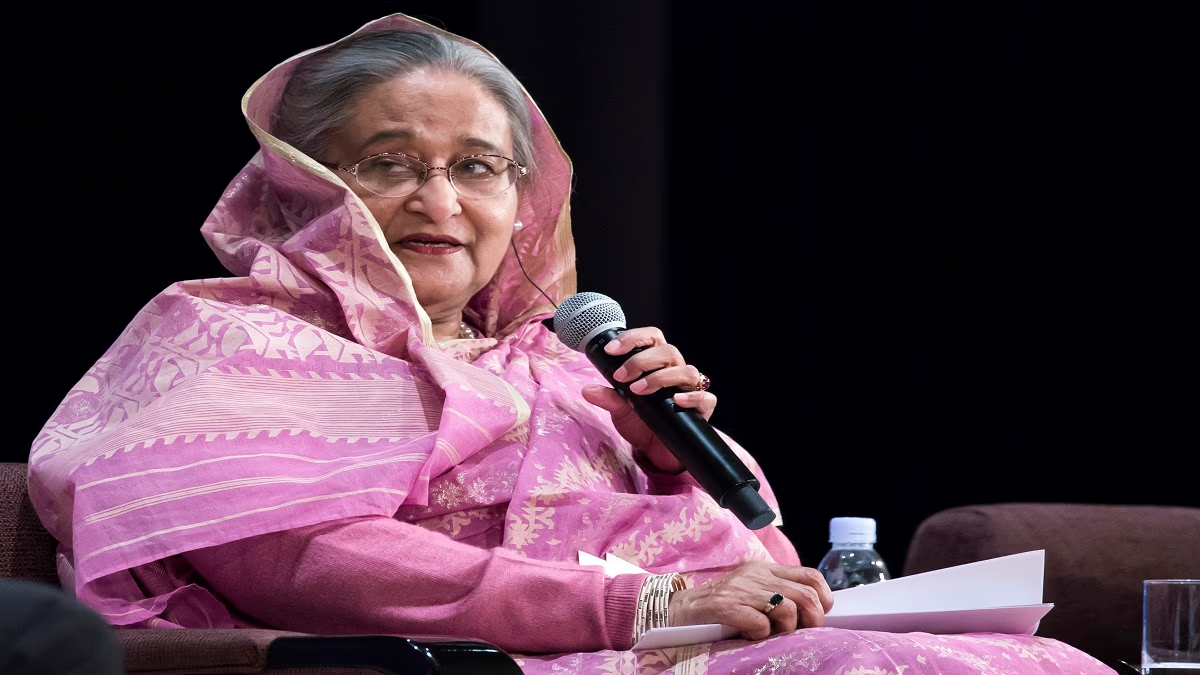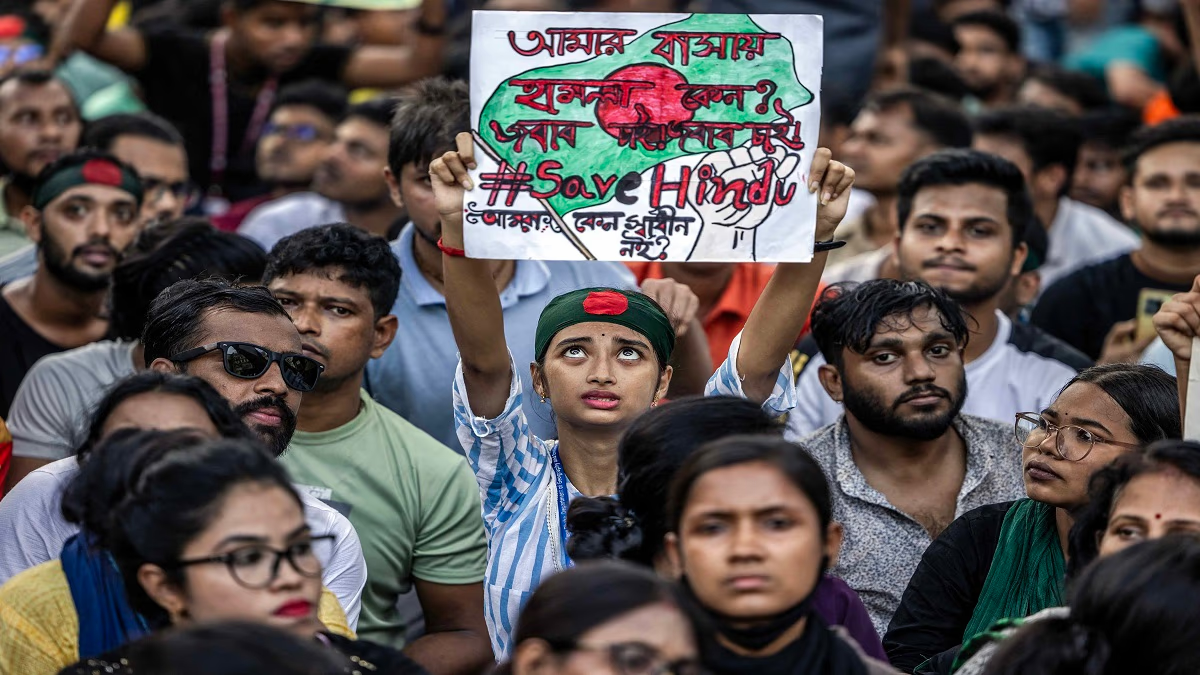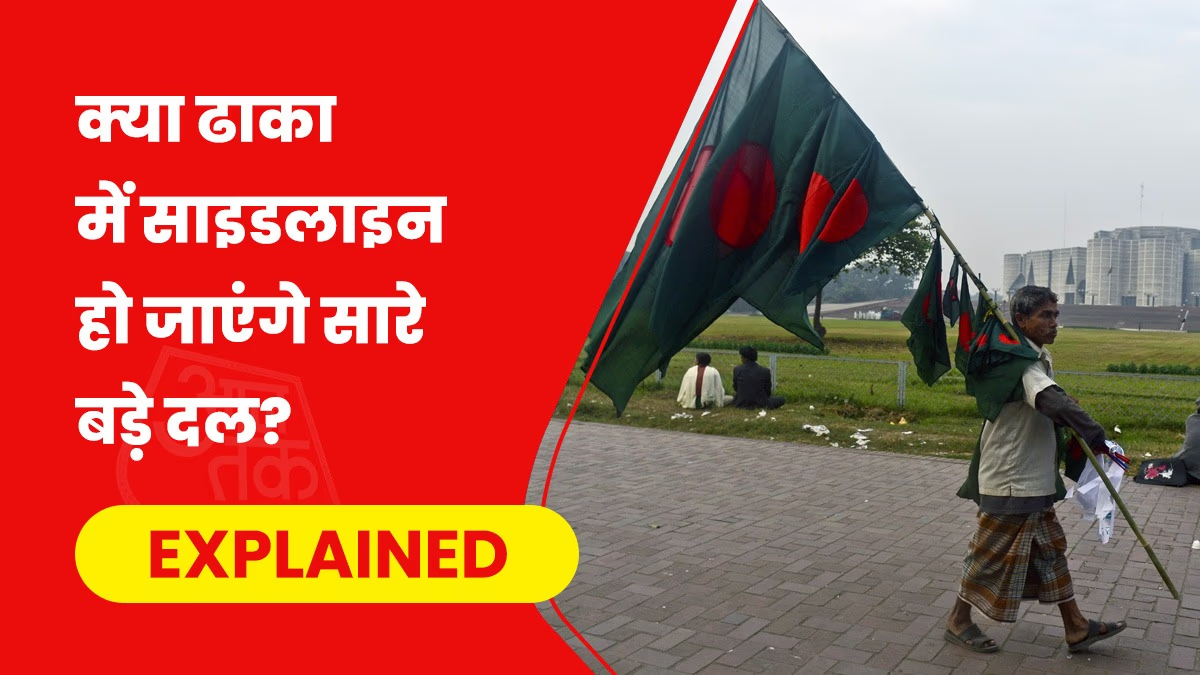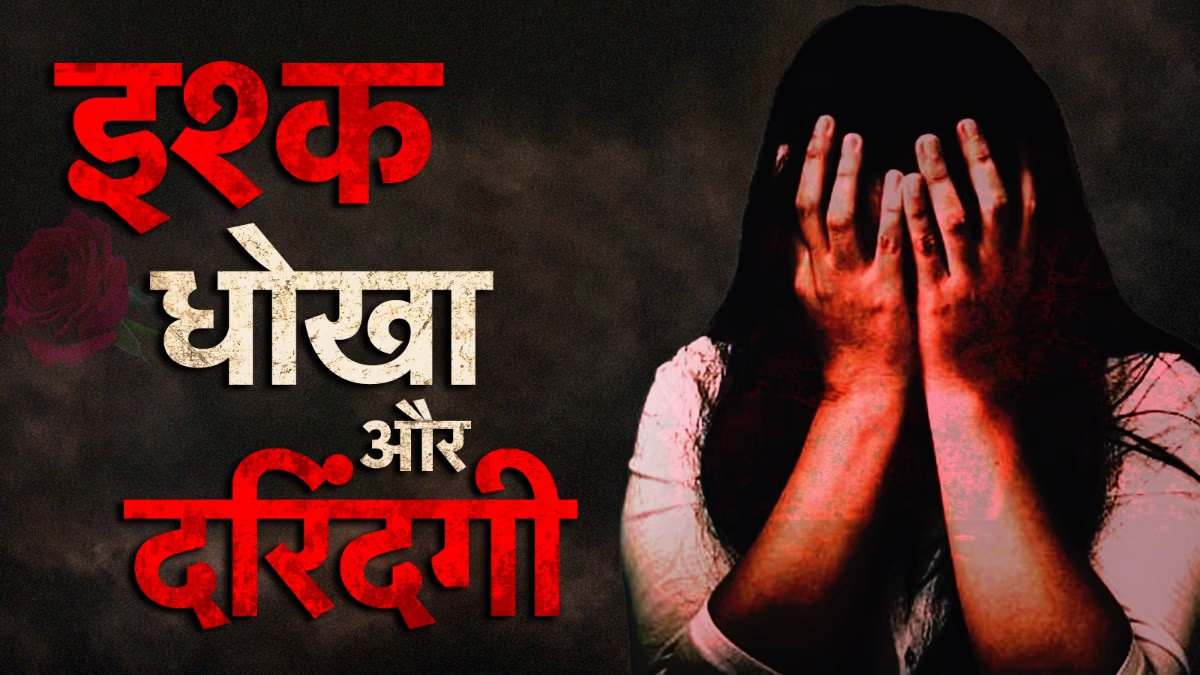In August, a political upheaval occurred in Bangladesh, leading to the fall of Sheikh Hasina's government. Since then, an interim government led by Mohammad Yunus has been in place. His foreign policy is notably cordial with Pakistan but distant with India. Amidst this, general elections loom on the horizon. There is a prevailing belief that the Minus 2 Formula, aimed at sidelining the country's two main leaders, may resurface, favoring the dominance of a single party.
What's Happening Now in Dhaka
In August, protests against reservation policies took a violent turn, toppling the ruling Awami League government and forcing its leader, Sheikh Hasina, to seek refuge in India. Several other leaders of the League either left the country or were imprisoned.
The Bangladesh Nationalist Party (BNP), another major political force, is similarly weakened. Its leader, Khaleda Zia, has gone to London for medical treatment, a move regarded as self-imposed exile. Some BNP leaders remain but their efforts are like minor ripples in a vast ocean. Discussions about the general elections are ongoing, with speculations that the aged Minus 2 strategy might be revived.

Source: aajtak
What Happened 20 Years Ago
The year 2007 marked a new chapter in Dhaka's political landscape. Political volatility was at its pinnacle, centering around the controversial Minus Two Formula. This strategy aimed to remove Bangladesh's two strongest leaders, Sheikh Hasina and Khaleda Zia, from power corridors. Prior to this, Zia was in power, but with her tenure ending in October 2006 amid election allegations from the opposition Awami League, protests escalated.
An interim government formed but crumbled under pressure, leading to a military-backed regime led by Fakhruddin Ahmed. This regime pledged to step down post-elections but attempted to politically eliminate both leading figures by imprisoning Hasina and Zia. The Minus Two Formula materialized when they were pressured to retire from politics, a proposition both leaders refused.
Supporters of both parties took to the streets, bringing international criticism towards Dhaka. Eventually, both leaders were released, and Hasina's Awami League triumphed in subsequent elections, with Zia's BNP becoming the opposition. This state prevailed until recently.

Source: aajtak
Currently, the nation has yet another interim government. Mohammed Yunus serves as the chief advisor, advocating for constitutional and electoral reforms before proceeding with general elections. These proposed reforms spark suspicions echoed by BNP Secretary General Fakhrul Islam Alamgir, who reminisced about the 2007 period when efforts to marginalize the two big parties were noticeable.
Interim Government's Stance
The primary political leaders are absent, and several accusations are levied against Yunus' government. Dismissing these concerns, interim government press secretary Shafikul Alam stated that worries about the Minus Two Formula are unfounded, as the electoral system demands repair.
Could a New Party Emerge?
Over the past year, persistent student movements led to a bloodless coup. This has sparked predictions about a potential breakthrough of a student party into mainstream politics. Currently, students operate under the National Citizens Committee's banner, which also calls for reforms. It might be that the interim government's electoral delays are paving the way for students to establish their party, thereby enabling the Minus Two Formula's enactment.




